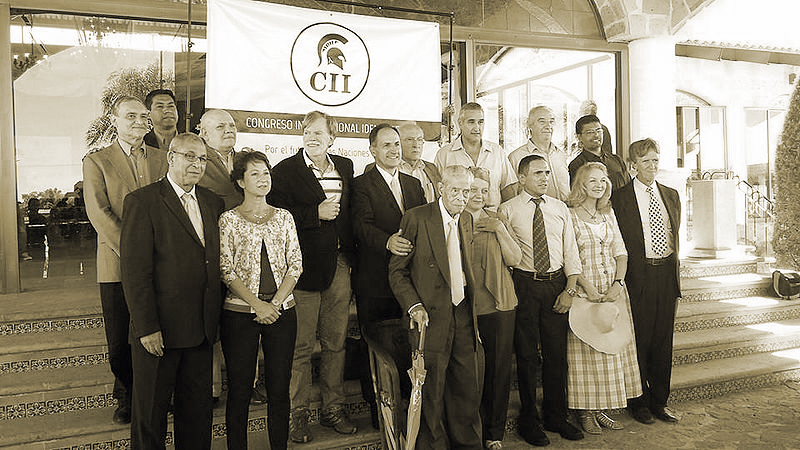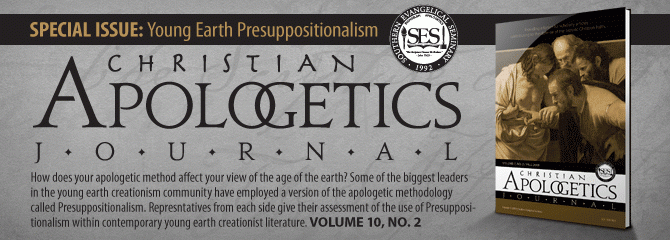
7th July 1942, at dinner
The changing Spanish scene—Where Franco’s policy differs from National Socialism or Fascism—The first Falange—Anti-social elements, female Communists.
General Jodl told the Fuehrer of an incident which had occurred at the Spanish frontier on the occasion of the return home of some wounded of the Blue Division. These men were refused places in the South Express, and when they tried to get into the guard’s van, a company of infantry intervened on the orders of the Military Governor and ejected them. Marshal Keitel suggested that the Blue Division was in bad odour because of its name, the colour blue being a reminder of the old original Falange, which was not a disciple of the Church. In the new Falange admission could be obtained only with the approval of the local priest. The Fuehrer said:
The Spanish situation is developing in a deplorable fashion. Franco, obviously, has not the personality to face up to the political problems of the country. Even so, he started off from a much more favourable position than either the Duce or myself; for we both had not only to capture the State, but also to win over the armed forces to our side. Franco, on the other hand, had both political power and military force in his own hands.
One thing is quite certain. People speak of an intervention from Heaven which decided the civil war in favour of Franco; perhaps so—but it was not an intervention on the part of the madam styled the Mother of God, who has recently been honoured with a Field Marshal’s baton, but the intervention of the German General von Richthofen and the bombs his squadrons rained from the heavens that decided the issue.
Ambassador Hewel said the upper classes in Spain were both bone idle and quite impervious to adverse criticism. Hitler continued: Well, thank goodness, the discipline of both the Reds and the Falangists working in the Todt organisation is first class, and the more of them we can recruit, the better.
But the finding of people capable of clearing up the Spanish political situation will be much more difficult. The problems are more of an internal political, than of a military, nature; and the foremost of them—the food crisis—is, in view of the proverbial idleness of the population, about the thorniest of the lot.
Whether a General possesses the political acumen necessary to success, the future alone will show.
In a report on the disorders in Serbia, it was stated that over 35 per cent of the insurgents taken prisoner were ex-criminals. The Fuehrer said: I am not in the least surprised to hear it, for it only confirms my own ideas about revolutionaries, based on the experience of 1918-19.
If you wish to prevent a revolution by anticipation, the first thing you must do, as soon as the situation becomes critical, is to kill off the whole antisocial rabble; and you can do this only if you have already gathered them safely together in a concentration camp.
The theory that by thus putting them in prison you deprive this antisocial rabble of the benefits of the influence of family life is pure claptrap. If you allow them the blessings of family life, all you are doing is to build the foundation cells for a further brood of criminals. Children who grow up in the company of subversive-minded parents themselves become rogues, for their mothers are invariably of the same pernicious ilk as their rogue fathers.
Our period of struggle gave me valuable experience of this.
At the SS rallies it was the females of the Communist species who were the most despicable. These hags would pelt our men with everything they could lay their hands on, and when our men started to defend themselves, they would hold up their own children, regardless of the danger, as shields to protect themselves.
What better proof than that can you have of their complete disregard for the safety and welfare of their children, in which they show themselves to be the complete antithesis of the normal parent and faithful adherents to their own criminal, antisocial instincts?





